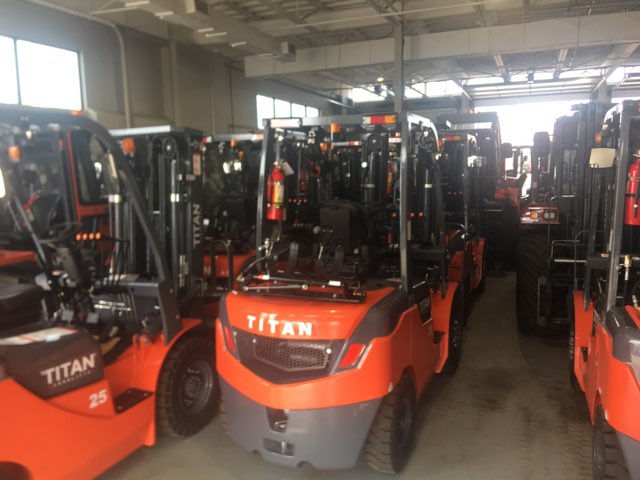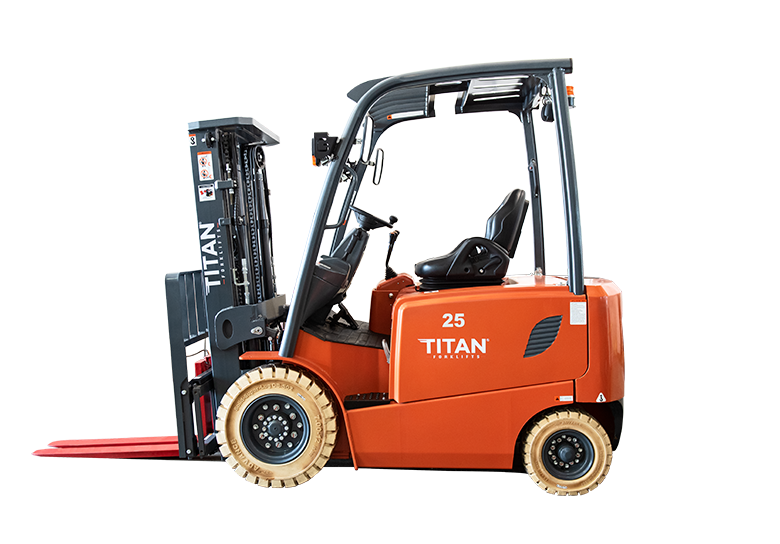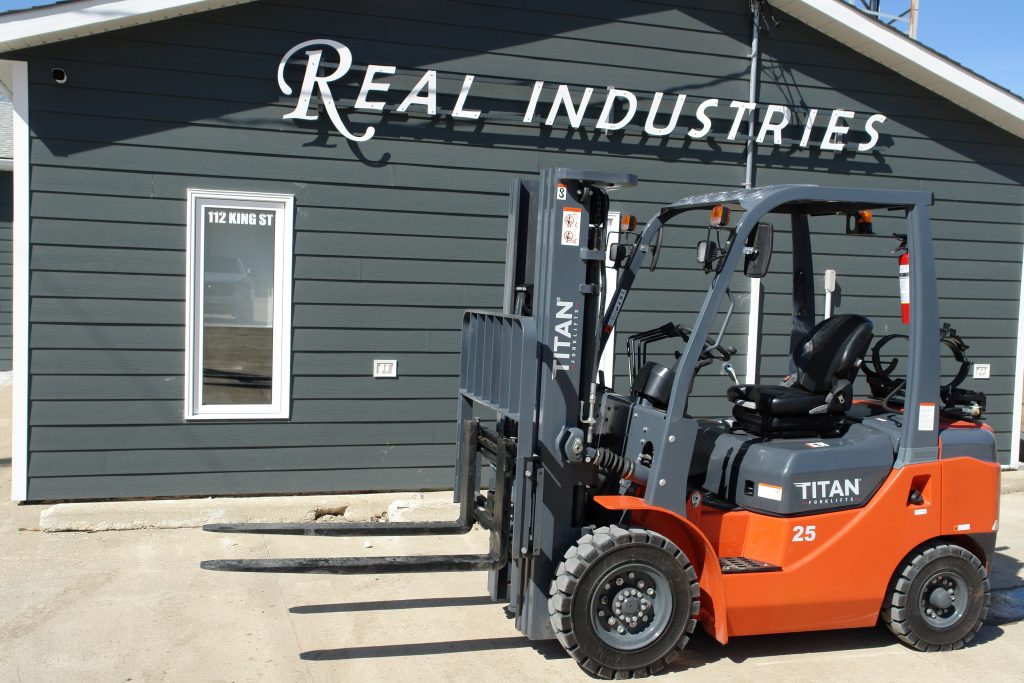5 Steps to Navigating Efficiency and Safety: The Significance of Forklift Maintenance in Manitoba

Introduction
In the heart of Canada lies the province of Manitoba, known for its diverse economy that encompasses agriculture, manufacturing, and distribution. At the core of these industries are forklifts—vital workhorses that streamline material handling and logistical processes. Ensuring the smooth operation of these machines is not just about efficiency; it's a matter of safety, compliance, and economic sustainability. This blog explores the critical importance of proper forklift maintenance in Manitoba's industrial landscape.
Safety: Protecting Workers and Operations
In Manitoba's bustling workplaces, forklifts play an integral role in moving heavy loads and navigating busy spaces. However, without proper maintenance, they can quickly become potential hazards. Malfunctioning brakes, steering problems, and worn-out tires can contribute to accidents that endanger workers and disrupt operations. Regular maintenance practices are a shield against these risks, ensuring that forklifts are in optimal condition, minimizing the chances of accidents, injuries, and their associated costs.
Adherence to Regulations
The regulatory framework in Manitoba, as in the rest of Canada, places paramount importance on workplace safety. The Manitoba Workplace Safety and Health Act and its associated regulations provide comprehensive guidelines for forklift operations. These regulations demand routine maintenance and inspections to guarantee the fitness of equipment for safe operation. By meticulously following these guidelines, Manitoba businesses can demonstrate their commitment to both their workers' welfare and regulatory compliance.
Operational Efficiency: Keeping Manitoba Moving
In a province where time-sensitive processes are the norm, operational efficiency is key to staying competitive. Forklift breakdowns or malfunctions can bring entire workflows to a standstill, leading to cascading delays that affect productivity and customer satisfaction. By implementing a robust maintenance schedule, Manitoba businesses can preempt these disruptions. Regular check-ups and timely repairs keep forklifts running smoothly, minimizing downtime and ensuring consistent operations.
Extending Forklift Lifespan
Manitoba's unique climate, characterized by fluctuating temperatures, can impact equipment performance. Forklifts are no exception, with exposure to cold weather potentially causing issues like reduced battery efficiency and fluid thickening. Through proactive maintenance, businesses can address these climate-related challenges. Regular inspections, fluid checks, and corrosion prevention measures can extend the lifespan of forklifts, protecting the initial investment and delaying the need for costly replacements.
Economic Viability: Preventing Unforeseen Costs
The prudence of maintaining forklifts properly extends beyond safety and efficiency—it's also about economic sense. Neglecting routine upkeep may save a few dollars initially, but it often leads to substantial financial losses down the line. Minor problems left unattended can escalate into major, expensive repairs, not to mention the potential costs of downtime and missed opportunities. Manitoba businesses can make strategic financial choices by opting for preventive maintenance to avoid these unpredictable expenses.
Conclusion
Manitoba's industrial landscape relies heavily on the efficient functioning of forklifts, the unsung heroes that keep operations flowing. The significance of proper forklift maintenance cannot be overstated—ensuring safety, adhering to regulations, preserving operational efficiency, extending equipment lifespan, and preventing unforeseen costs are all interconnected benefits of this practice. By embracing meticulous maintenance routines, Manitoba businesses aren't just safeguarding their own success; they're also contributing to a safer, more efficient, and economically sustainable province. For more information please contact Real Industries.

